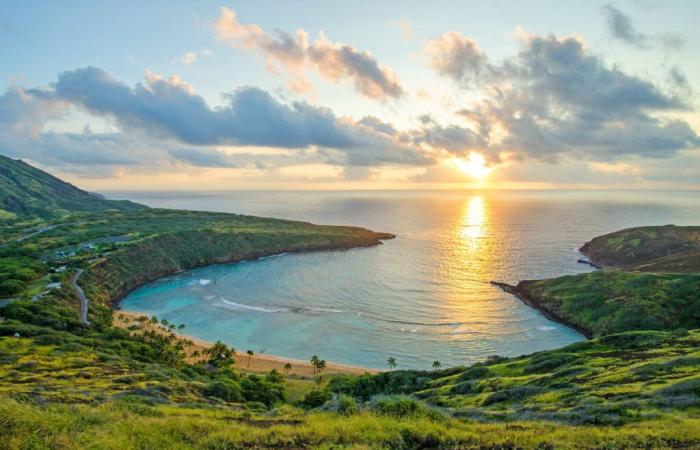Donald Trump has just concluded his first 100 days for the presidency, and his debut in the White House shaken several spheres of American life-including the tourism industry.
Visits to the United States have decreased, partly because of certain President’s statements, including that where he suggested making Canada “51ᵉ state”.
This kind of remarks, combined with the taxation of new customs tariffs towards Canada – yet a long -standing ally – has encouraged more and more Canadian travelers to spend their money elsewhere.
According to Statistics Canada, travel by road to the United States dropped by 32 % in March compared to last year. The number of Canadians having traveled by plane also decreased by 13.5 % during the same month.
This is a notable turnaround compared to 2024, the year in which Canada was the main reporting market for visitors to the United States. About 20.4 million Canadians then spent some $ 28 billion in hotels, restaurants, stores and other American tourist sectors.
Several American destinations already feel the effects of this drop. In California, for example, some 1.8 million Canadians were welcomed last year, spending $ 5.08 billion there, according to the Governor’s office Gavin Newsom.
This year, however, the figures show a 12 % drop in Canadian visitors in February compared to last year-the first decrease since the restarting of the post-Pandemic tourism economy.
California reacted by launching a new campaign aimed at seducing Canadian travelers again.
Hawaii is also undergoing the wrongs of what some people call the “Trump Slump”. In March, Hawai’i News Now reported that several Canadians canceled their stays in Hawaii in response to the policies of the new American administration.
Samantha Carreira, head of media relations for Hawaii Tourisme Canada, recently commented on the situation in Travelpulse.
-“Hawaii experienced a slight slowdown in arrivals from Canada during the first half of 2025,” she said.
Among the reasons mentioned: the weakness of the Canadian dollar, but also the statements deemed to be worried by President Trump on Canadian sovereignty.
“That said, Canada remains a priority international market for Hawaii, with a strong interest that persists,” she said.
The organization relies on a strategy focused on the unique cultural, natural and experiential assets of the archipelago – from the elements that distinguish Hawaii from other American destinations, according to Carreira.
“We emphasize regenerative tourism and responsible experiences that stop at Canadian values in sustainability, authenticity and community bond,” she continued.
The message from Hawaii Tourism Canada is also based on the idea that Hawaii is not only a place to visit, but a place to which you can really connect.
This approach is very timely, while several carriers reduce or suspend their links between Canada and the United States, Canadian travelers now prefer destinations like Mexico or Europe. According to OAG analyst, it is even a “collapse” of flights to the United States.
To remedy this, Hawaii Tourisme Canada collaborates closely with its air partners in order to closely follow the islands from the main Canadian cities.
Whether flights or stays, the organization’s objective is clear: reminding Canadians that Hawaii remains a separate destination.
“From the spirit of Aloha to the philosophy of Mālama – which consists in taking care of the earth and others -, Hawaii allows travelers to live much more than a simple tourist stay,” concludes Samantha Carreira.
Subjects of this article to explore
Features and advice












